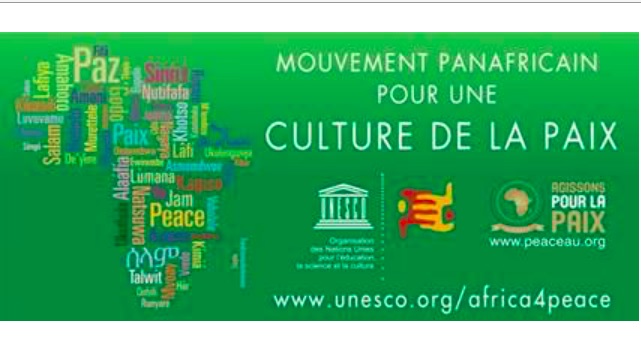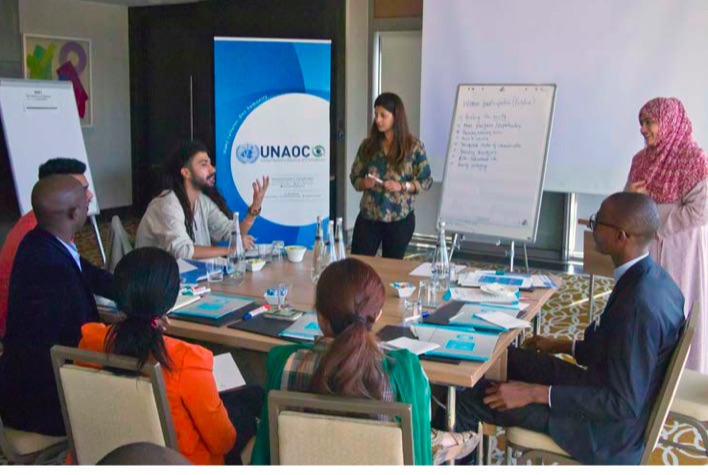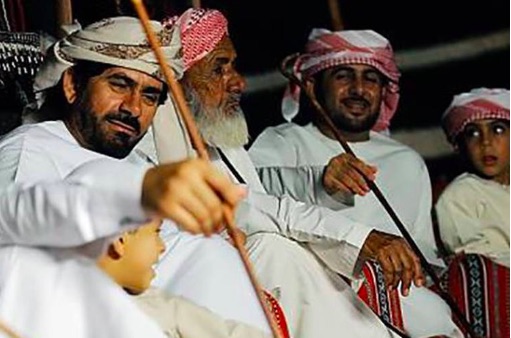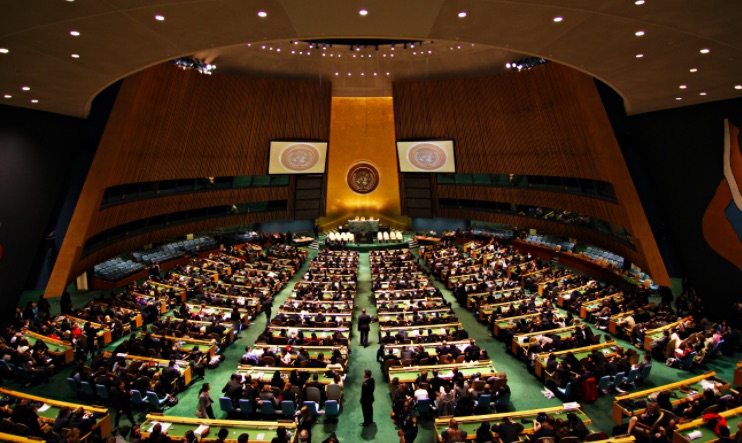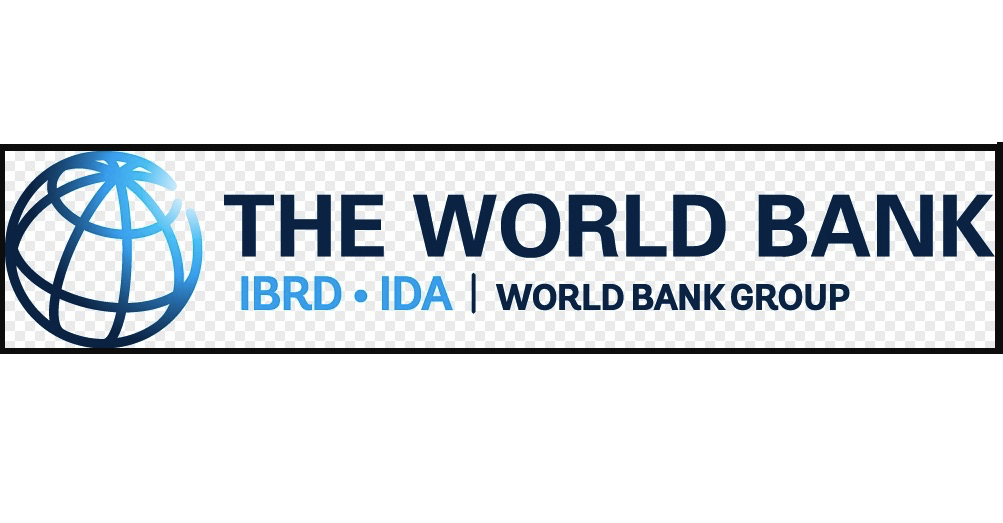EDUCATION FOR PEACE .
An article from Africa News
The fourth phase of the ‘Back to Learning’ initiative launched Tuesday by the Ministry of General Education and Instruction, at Freedom Square in Kapoeta in the presence of more than 2,000 children and their parents, representatives of UNICEF, the Education Donor Group, Save the Children, Girls Education South Sudan, and members of the National Education Forum and Civil Society.

Photo from Children of South Sudan
The Back to Learning 2018 initiative will target the most under-represented communities throughout South Sudan, providing learning opportunities for children currently not attending school, either due to conflict, cultural barriers or obstacles such as distance or family finances. Building on the success of the first two years of the initiative, which provided more than 680,000 children with access to education, the next phase of Back to Learning will put an emphasis on children in conflict affected states, girls and other vulnerable children.
This year’s theme ‘Inclusive and Equitable Access to Quality Education for Peace and Sustainable Development’ aims to highlight the crucial role of education in fostering peace. Education has the potential to build the capacities of children, parents, teachers and community members to prevent, reduce and cope with conflict and to promote equality and peace. Education can also help address the inequalities that generate conflict. Inequalities can fuel conflict, just as conflict can worsen inequalities.
“Education transforms lives, creates the preconditions for peace and promotes sustainable development,” said Mr. Deng Deng Hoc Yai, Minister of General Education and Instruction. “The Government is committed to providing equitable access to quality education to all children for achieving the national goal of peace and sustainable development. I want to urge all parents and guardians to take all their children to school. I, once again, direct all public schools to admit all children free of charge in accordance with the law.”
(article continued in right column)
What is the United Nations doing for a culture of peace?
(article continued from left column)
National and state-level Back to Learning committees are already in place coordinating activities for this school year, including social mobilization activities across the country to kick start the yearlong campaign. We encourage as many citizens as possible to get involved in this initiative.
“Ensuring children are able to access quality education not only provides them with a brighter future, it also benefits their community and South Sudan as a whole,” said Mahimbo Mdoe, UNICEF’s Representative in South Sudan. “There is no greater investment for a country to make.”
UNICEF continues to work with partners to set up temporary learning spaces and provide supplies and psychosocial support to protect children from the worst consequences of the conflict whilst continuing with their education.
In 2018, the Back to Learning initiative aims to:
• Provide 500,000 children and adolescents with access to age-appropriate learning opportunities; which will include 300,000 children retained from 2017 and 200,000 children currently out of school.
• Establish 405 learning spaces providing a safe and protective learning environment;
• Train 4,000 teachers, including 1,750 Early Childhood Development caregivers on pedagogy and teaching methods, psychosocial support and conflict-sensitive education;
• Train 1,200 Parent Teacher Association and School Management Committee members on social mobilization, conflict sensitive education, basic school management and school development.
To provide access to learning opportunities for the more than half a million vulnerable children and adolescents aged 3 to 18, UNICEF and partners require US$47.5 million.
The funds will be used to provide learning facilities and education materials to newly enrolled children in schools; to continue education services to children in conflict-affected areas; and to enrol new students out of school for other reasons.
Distributed by APO Group on behalf of United Nations Children’s Fund (UNICEF).
(Thank you to the Global Campaign for Peace Education for calling this article to our attention.)


